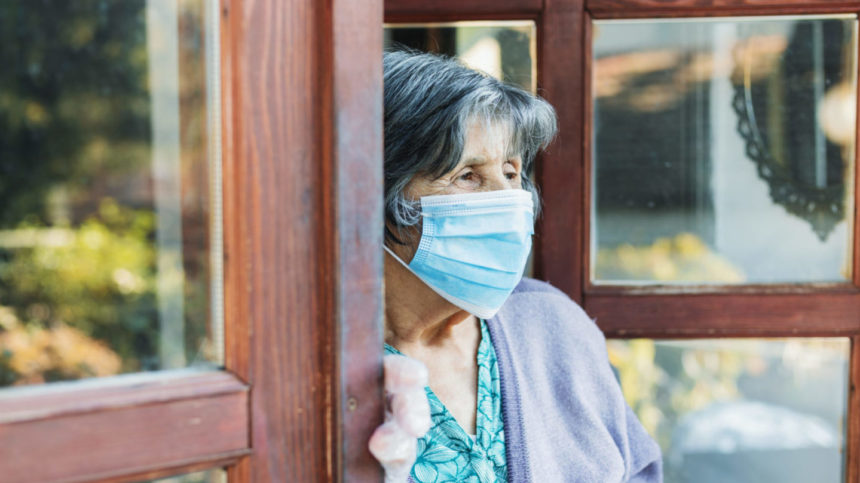
Nearly 1 in 4 older adults in the United States are socially isolated and at higher risk for developing dementia over the next decade, according to new findings.
Investigators examined data from a nationally representative sample in the National Health and Aging Trends study. Among 5,022 older adults, 23% were socially isolated. This isolation was in turn associated with a 1.3 times the odds of a dementia diagnosis over nine years.
The findings held true after being adjusted for demographic and health factors, reported Thomas K. M. Cudjoe MD, MPH, of Johns Hopkins University in Baltimore and colleagues.
The study is the first to examine long-term risk for dementia associated with social isolation in a nationally representative sample of U.S. seniors, according to the authors. The results mirror those of previous studies, they noted.
Explanations for the link
Potential explanations for the findings include evidence linking social isolation and health risk factors for dementia, including hypertension, coronary heart disease and depression, the authors said. A lack of social engagement may also lead to reduced cognitive activity and lower cognitive reserve. And isolation can reduce a person’s ability to benefit from social support such as information sharing, coordination of caregiving and healthcare access.
So far, no formal interventions have been developed with the aim to increase social connectedness to prevent or delay dementia, the authors reported.
“Moving forward, from clinical and intervention perspectives, screening for social isolation in clinical settings may be valuable for maintaining health and mental health,” they wrote.
The study also found that race and ethnicity made no statistically significant difference in dementia risk in study participants who were socially isolated. This may be due to the study’s relatively small sample size of certain racial and ethnic groups, the authors said. When considering the increasing diversity among U.S. seniors, “there is a need to further investigate racial and ethnic disparities” in dementia and related risk factors, they concluded.
Full findings were published in the Journal of the American Geriatrics Society.
Related articles:
Social isolation linked to dementia risk, lower brain volume
Higher social engagement and frequent contact may reduce risk for dementia
Access to technology may reduce seniors’ risk of becoming socially isolated
Social isolation: A serious but under-recognized health risk




